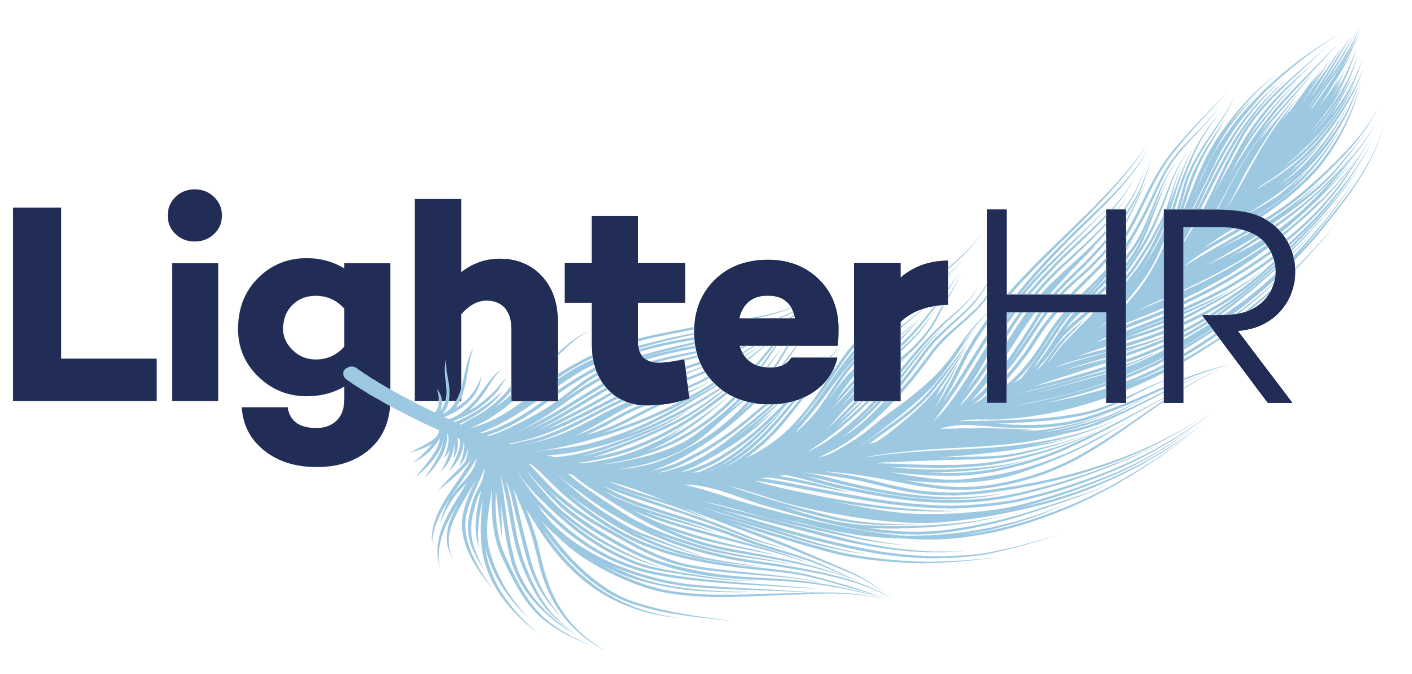Outsourcing is one way that a company can get the HR support that it needs, although there are advantages and disadvantages to outsourcing HR.
There are several reasons why a company may choose to outsource HR but in this blog post, we’ll compare outsourcing HR functions with having an in-house HR function.
1. What is Outsourcing?
Outsourcing is simply “the process of paying to have part of a company’s work done by another company”, as defined by the Cambridge Dictionary.
Companies can choose to engage with a third-party to have a range of services, tasks or operations performed. There are many areas of a business that can be outsourced. When it comes to business support functions, the functions most frequently outsourced tend to be IT, elements of finance (book-keeping as an example), and, of course, HR.
The concepts of outsourcing each function are similar. However, we are focusing on the advantages and disadvantages of businesses outsourcing their HR function to consultancies like ours.
2. What are the Disadvantages of Outsourcing HR Functions?
Lack of permanent physical presence
When you outsource HR, one of the elements that can be missing is having a person who is physically present, all day, every day.
This can mean that employees feel that they lack someone towards whom they can direct their questions. In addition, it can mean that managers end up dealing with more issues as employees go to them rather than going to HR.
There is a remedy to this. Many outsourced HR providers offer regular, on-site visits as part of their service. This means that employees are aware of specific times and days when an HR representative will be onsite. Therefore, if their issue is not an emergency, they can wait for one of those visits.
Given that more and more organisations now operate a hybrid working model where no one is in the office all day, every day, a limited physical HR presence is becoming less and less of a concern.
You won’t be their only client
With an in-house HR model, the HR team are solely providing support to your business. Therefore, they are always available to the business and can respond immediately to questions and issues.
With an outsourced HR model, the company you pick will be working with multiple clients. Therefore, there may be times when they cannot deal with your request immediately.
If you’re thinking of moving to an outsourced model, ask potential suppliers about response times. Make sure you understand what happens in an emergency.
External to your organisation so reliant on information received
When you have in-house HR, they can see and hear what is going on in the business. There’s a potential that they are more involved in general meetings about the business and develop relationships with employees that allow them to gain insight into how people are feeling and what their challenges are.
This can be lost in an outsourcing model. Outsourcing providers are reliant on the information they receive from the business. The more you share with them, the better service they will be able to provide.
If you pick the right outsourcing partner, they should be active in building relationships with managers and your senior team. They should demonstrate an eagerness to understand your business and your culture.
With this insight they will be able to add considerably more value to the service.
3. What are the Advantages of Outsourcing HR Functions?
Access to the skills needed in the quantities required
Most businesses need a mix of HR resources in order to meet their HR needs.
- There will be routine HR administration tasks that need to be completed such as issuing contracts, maintaining HR software, or monitoring absence.
- In addition, there will be HR issues that arise such as disciplinary or grievance situations, or a need to implement a new performance appraisal process and for this you need an HR Manager.
- Finally, you may need help setting an HR strategy, understanding how you drive employee engagement or creating incentive schemes for executives and for these activities you’ll need an HR Director.
This situation is further complicated by the fact that you won’t need all these types of resources on a regular or predictable basis.
Businesses typically address this problem by hiring a mid-level HR professional. They then spend part of their time doing mid-level tasks and part of their time doing administrative tasks. This means, with an internal HR function, it becomes expensive to complete administrative tasks and can mean that the individual becomes dissatisfied with the role as they feel they are doing activities that are not aligned to their skills and experience. To get the HR Director level support that is required, a business will engage with an HR consultancy.
With an outsourced HR provider, a business can get access to the skills they need, in the quantities they need them. If you pick a provider that offers maximum flexibility, the service you receive can be adjusted as the needs of your business change.
As an example, if it’s salary review time and you need to issue letters to all your employees, you can get more administrative support in that month.
If you’re selecting an outsource HR provider, make sure you check how much flexibility they offer.
Access to extensive expertise
When you have an in-house HR team, the expertise that you can access is limited to the expertise that your team has. When you outsource HR, you have access to the expertise of the entire workforce of the outsourcing company.
As an example, it could be that your in-house team would not have experience of dealing with complex sexual harassment cases, redundancy situations or changing contracts of employment.
With an outsourced HR provider, there will be experts in each of these areas and they will be able to support your business with any HR matter that arises.
In the same vein, an established outsourced HR provider will be providing HR support to many, many companies. Through this, they will have a great deal of insight into what companies like yours are doing in relation to HR approaches.
In addition, a good outsource provider will be investing in training to ensure that their team are up to date on all employment law changes and HR best practice. With an in-house team, you’ll need to make that investment. Even when you do, as they will be working only in your company, they won’t have as much insight into what other organisations are doing.
Objectivity
When you have in-house HR, it can be quite difficult to get the HR team to remain objective and always focus on what is right for the business. An in-house HR team will have relationships with their colleagues which can make it very difficult when they then need to take disciplinary action against them or make someone redundant.
With an outsourced HR provider, this issue doesn’t arise. The HR team supporting your business remains at arm’s length from the employees. Whilst that may sound cold, it is actually very useful. An outsourced HR provider will remain focused on what is right for the business as a whole, even if that means making difficult decisions that have a negative impact on individual employees.
Continuity of service
With an in-house HR function, there will be times when the only or most appropriate HR professional will be unavailable. They may be sick, or on annual leave and, as is always the way, it is during these periods of absence that time-bound or complex matters arise. This will be the time when an employee raises a grievance, a contract absolutely must go out, or something else unusual will come up. With the most skilled person not being available, essential or important HR activities will be delayed.
With an outsourced HR provider, the HR service is always available. Even if your usual contact is not available, you’ll be able to access the wider team at the outsource provider. This means you’ll still be able to get the support you need. When selecting your outsourced HR provider, check how you are supported when your usual contacts are out of the business.
More Information on Outsourcing HR
This post provides insights into the advantages and disadvantages of outsourcing your HR. If you need more information, take a look at our business guide to outsourcing HR. This provides answers to the key questions we get asked when talking with businesses interested in outsourcing their HR.
Need HR Support?
Whatever your challenge, we’re here to help. Get in touch and we’ll guide you to the right support for your business.




